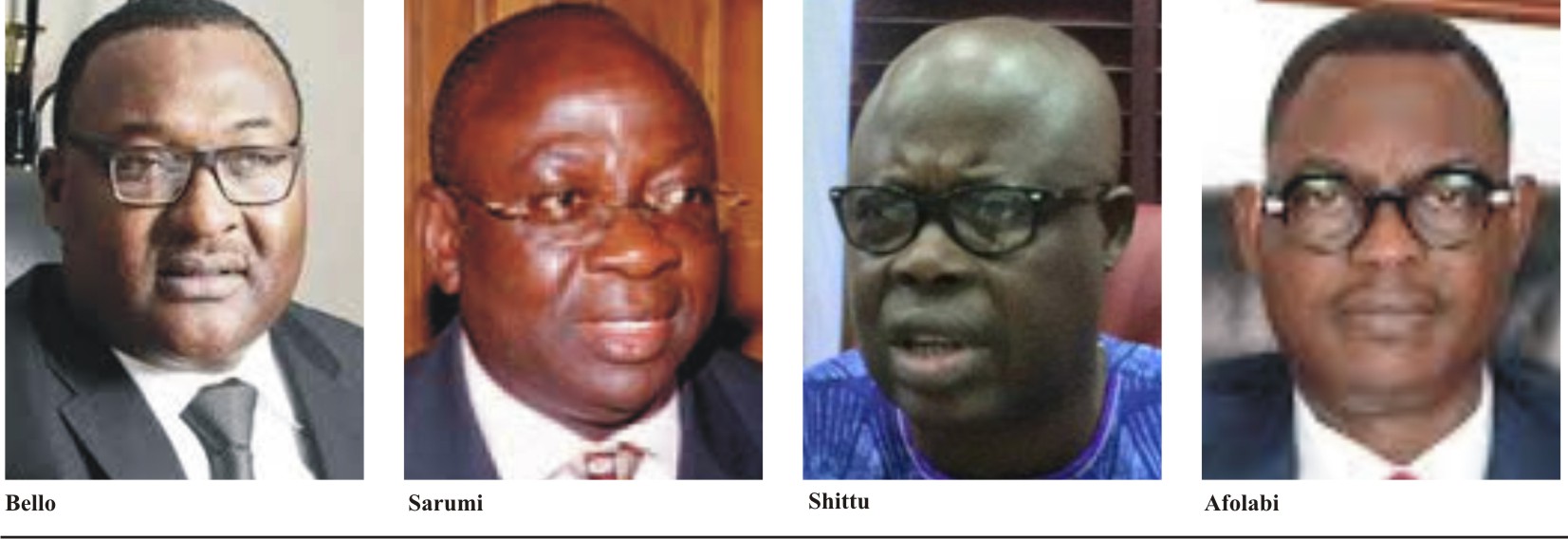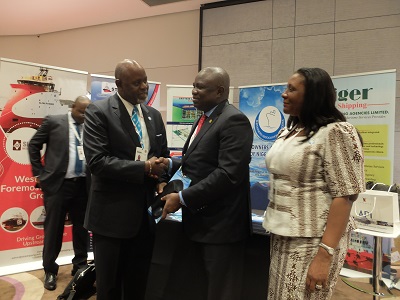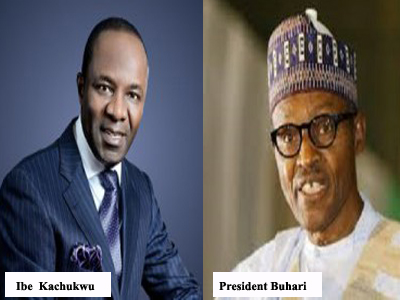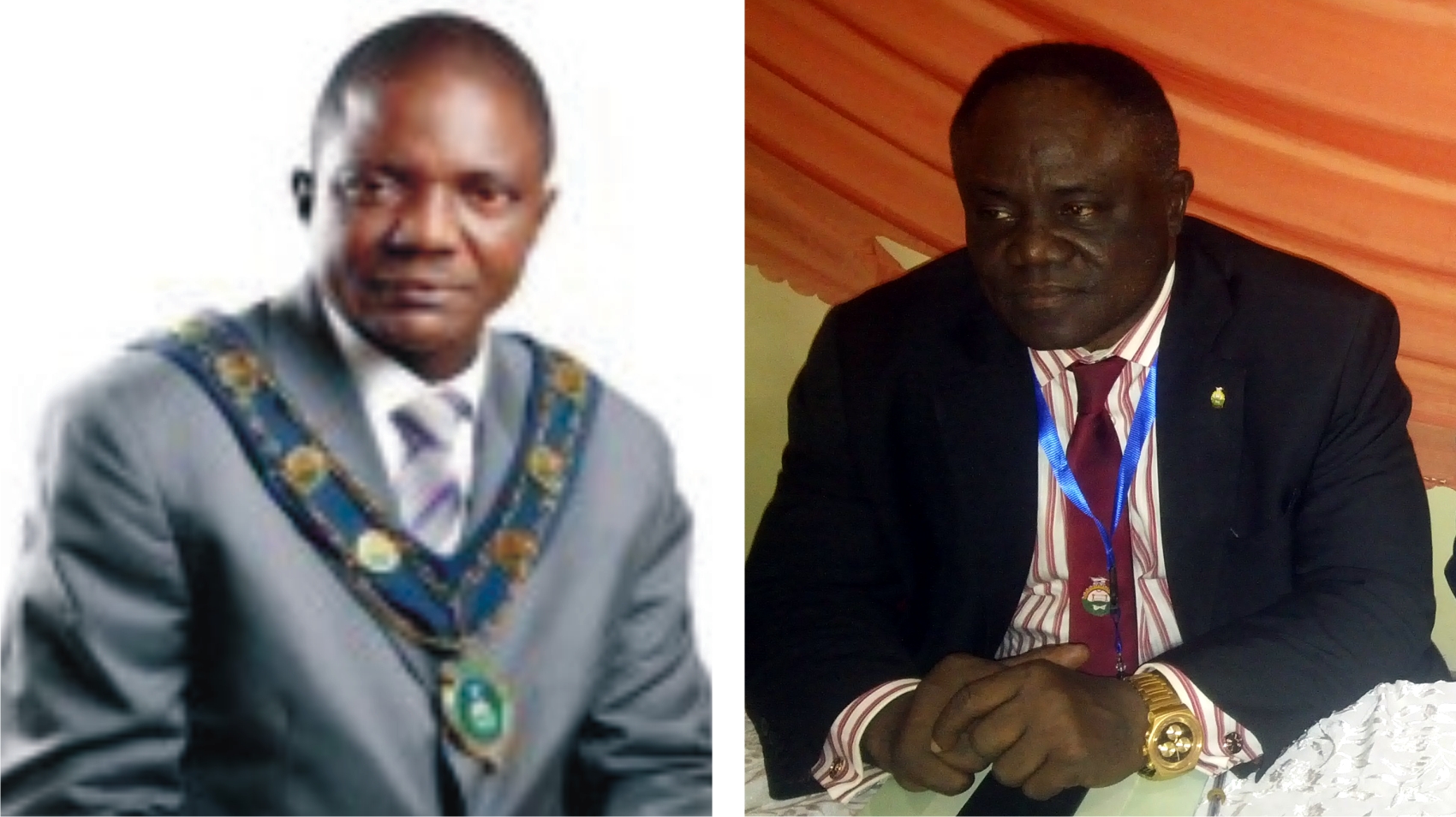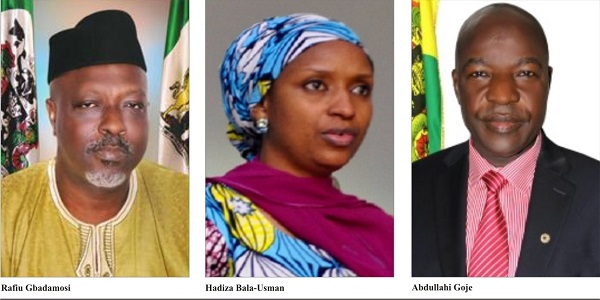Demystifying Local Aircraft MRO’s Challenges In Nigeria
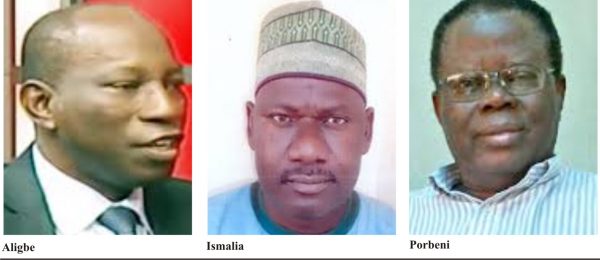
By Okuneye Moyosola
A maintenance facility, otherwise known as Maintenance and Repair Organization (MRO), is an essential requirement in civil aviation, to ensure aircraft are top-notch, airworthy for passengers and cargo without the fear of falling off the sky. Aircraft maintenance checks are periodic inspections that have to be done on all commercial/civil aircraft after a certain amount of time or usage. Checks range from A to D. A and B checks are minor routine checks that a team of engineers do perform at an airline’s hanger while C and D checks are more complex demanding expertise at top-range facilities.
West Africa lacks the availability of a full-fledged Maintenance and Repair organization (MRO). Thus, the opening of an MRO facility in Nigeria was the needed opportunity for stakeholders and venture capitalists of different airlines and aircraft owners to invest in the MRO facility.
However, most scheduled commercial airlines still conduct their major maintenance checks overseas and spend huge amount of money on foreign exchange. Investigations also reveal that airline operators spend $2.5billion annually on aircraft maintenance overseas.
It is pertinent to know that the availability of an MRO would help address the demand in the West and Central Africa, optimize foreign exchange expenses for major aircraft maintenance, generate more employment opportunities for Nigerians and Nigerian companies, enhance knowledge and technology transfer and support aviation value chain contribution to Gross Domestic Product (GDP) growth.
Recall that some years back, an MRO unit was initiated at the Victor Attah International Airport in Uyo. The world-class facility, the first of its kind in West Africa and Africa as a whole, was started by the Obong Victor Attah administration to provide services to airline operators and save huge foreign exchange spent on aircraft maintenance services overseas.
The completion of the facility has been delayed partly due to the need to commit an operator to the facility, as stated by Governor Udom Emmanuel when he received a report on the assessment of the MRO project from the initiator, Obong Victor Attah, last year.
Also, Aero Contractors, early 2018, made a breakthrough in aircraft routine maintenance programme for Boeing 737 classics types. Since the beginning of its operations, Aero MRO has conducted C checks on aircrafts between and outside the country.
Although the federal government is persuading multinationals and reputable companies in Nigeria and abroad to invest in the proposed establishment of a Maintenance, Repair and Overhaul (MRO) facility, experts are of the opinion that the government should build on the existing Aero Maintenance Organisation (AMO), an arm of Aero Contractors Company of Nigeria, instead of coming up with a new one.
However, despite the availability of these MROs in the country, aircrafts are flown outside for D checks. Hence, there is the need for a comprehensive maintenance, overhaul and repair facility in order to ensure that all checks are conducted locally. It is also imperative for the government to invest in expanding the existing MRO in the country.
Former Director of Operations (Ground) of the defunct Nigeria Airways, Captain Prekeme Porbeni while speaking to MMS Plus, noted that the country needs an MRO that could cater for all aircraft types in the country.
“The one we need for aviation is the one that can take an aero plane and the size of the aero plane is what is important for that MRO to take. For example, you could have an MRO that can only take Boeing 737 and cannot take DC 10 or 747. You have MROs that can only take small helicopters. There are MROs already. What we need is an MRO that is big enough to do what this nation needs in terms of the aeroplanes we have and the requirements for those aircrafts to be maintained. If you just want to change the wind shield wipers of an aircraft, you don’t need a hangar. You can just do it online”.
“ So even at that time in Nigeria Airways, we had what we call line maintenance. We had a hangar that at that time could take most of the aircraft type we had which was F27, F28, 737 and so on, but by the time we had DC10, that MRO was no longer adequate because it couldn’t take it in. when Okada started, they had an MRO in Benin which was under a tree. They could remove the engine, service it and put it back into the aircraft” he said.
According to him, the MROs available in the country cannot take all the types of aircraft, hence the need for expansion.
“Today we have bigger aircrafts like 737 and we need a facility that will be able to handle these ones we have now and prevent them from going abroad for repairs. Aero contractors presently have a hanger. Nigerian airways hanger was bigger than that of Aero contractors. This one will have can take up to C checks which is only one step below the maximum. So, we have MRO for those planes that can be accommodated there. We also have a similar thing in Uyo which is not functional because it doesn’t have patronage. Caverton helicopters also have an MRO. We do not have the political will to patronize those ones that are available.
Speaking on how to drive patronage for the Akwa Ibom MRO facility that hasn’t been functional, Porbeni noted that the government could establish a law that would make it mandatory for airlines to do checks for aircraft in the country.
“What if the government through NCAA creates a law that no aeroplane that can be serviced in Nigeria should be taken abroad? All those MROs will have patronage if this law is made. If we now have an aircraft that is bigger or meant for D check that we cannot do here, that is the only time those aeroplanes should leave the country”.
“We have MROs that can service most of the aircrafts we have in Nigeria and if governments want to encourage them. They should make a law saying that no aircraft that can be serviced in Nigeria should go abroad. That would give incentive to the private enterprise to create a bigger MRO. If an aircraft is due for maintenance, NCAA should ensure that it is done here in Nigeria depending on the size of the aircraft and they don’t have to spend a lot of money” he opined.
He also noted that we have the establishment of a bigger MRO in the country would drive patronage into the country and also generate more revenue.
“We have the market. The flying training school in Zaria was established by World Bank to service the region from Dakar to Central Africa Republic. The whole of West Africa was supposed to have a training facility for pilots and engineers. There was one in Lebanon which was servicing North Africa. Why would anybody design an aviation facility that is meant for only your country? It means we are not ambitious. Even till today, pilots still come from Ghana for training here. Ghana only has a small training school which was established by a Nigerian. If we set up an MRO, it will attract all the West African countries who really rather come here than go to Europe. It all has to do with marketing. Even If your facility is not good as the one in Europe, you can give incentives. You can get the parts that you don’t have from Europe but you are the one servicing the aircraft”.
Porbeni lamented on the state of the MRO facility in Akwa Ibom adding that personnels from outside the country could be employed to conduct maintenance checks for aircraft in the country in order to market the facility.
“The facility in Uyo should have started to attract airlines from Dakar, Gabon and so on. Before Aero contractors had its own MRO, they carried their aircrafts to Jordan for C check. Why? I would prefer, especially if we have the hangar space that can take the aircraft, to bring the technicians into the country. Even if we don’t have enough hands here, we need to establish that we have an MRO. With this, patronage will increase. We have the hanger, bring the equipment, do your work and go. You are also empowering technicians that are working under these people to learn from them too. Gradually, you reduce the numbers of technicians you bring into the country until you no longer have to bring anyone again because they are already trained” he said
The Director, Transport Research and Intelligence, Nigerian Institute of Transport Technology. Dr. Danjuma Ismalia also stressed that the country does not have the market for other types of aircraft asides Boeing 737.
“If we are serious about developing the aviation industry, we need to have that MRO. We have different airlines which are around eight in number in the country. They have a mix of different aircraft. You can establish an MRO and specifically say that you are handling Boeing 737 because a substantial number of the airline is using this aircraft. Some airlines are using a Bombardier, even Embraer. So, the one that will have much market is the one for 737. You need to ensure that all your engineers have the required skills, certificate, and license to carry out that maintenance for 737. You also need to have the necessary tools with adequate spare parts. When you have that, then you specialize in 737. You also have the procedures of how to do it which is supplied by the manufacturer of the aircraft and if anyone has to be trained, he has to be trained on those standard procedures”.
He stressed that there is the need to develop an MRO for other types of aircraft in order to attract more patronage within the country.
“However, it’s difficult to have an expert who knows all the aircraft types. Also, if we establish an MRO for Boeing 737, then we have the market. However, for someone who is going to specialize in Embraer, how many airlines are using this particular type of aircraft? It will be very difficult to get patronage. The market is there for some particular type of aircraft which is 737. We have Aero contractors doing that already. The reason why airlines would go out of the country for maintenance is if the MRO does not suit the aircraft” he said.
According to him, an aircraft could also be taken outside the country for maintenance if it’s not owned by the airline.
“Also, is the aircraft on lease or owned by the airline? If it’s on lease, it could come with conditions of where the C and D checks would be done so as to monitor the airworthiness of the aircraft. If an airline does not own the aircraft, it has to abide by the rules”.
People have said that if we don’t have an MRO, the airlines will never do well. The truth is that no MRO will come into the country without the market. You can’t establish a maintenance organization if you don’t have the market. What will you maintain if you don’t have airlines?
An aviation consultant, Mr Chris Aligbe while speaking to MMS Plus noted that more airlines are needed in the country to establish a full fledged maintenance facility.
“Nigeria must provide the market first. Air Peace is large enough if there is a good MRO but it’s not large enough to support fully an MRO. However, if you have Air Peace, Nigerian Air and another airline that will have over 100 fleets of aircrafts put together, then you can now start an MRO. If there is no market, nobody will come to invest. Out of the 56 MRO facilities globally, only two of them started without an airline. All others started with an airline before they grew big and started maintaining aircrafts from other organization. Some of them later detached and became a full business on their own. An example is Lufthansa Technique. It started as maintenance organization for Lufthansa, and then when it grew big, it detached and became an organization. Up till today, it still maintains for Lufthansa. These are some of the things that the aviation sector needs to understand’ he said.
The government also needs to provide capital for the MROs to perform effectively. This will go a long way in encouraging airlines in the country and also reduce the cost of operations.



